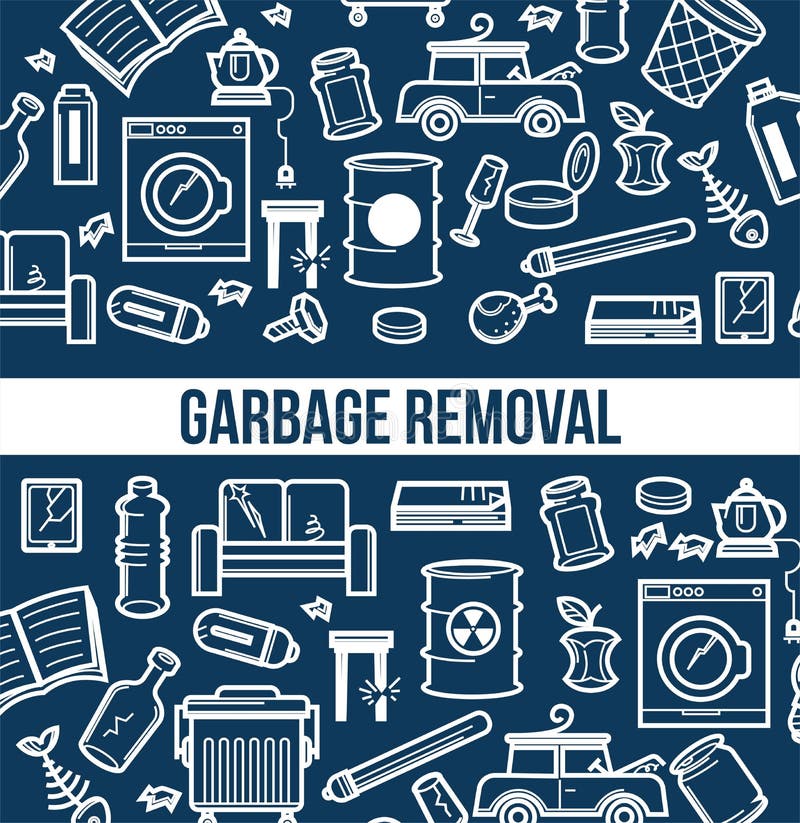The Ultimate Overview To Choosing The Appropriate Dumpster Dimension For Your Task
The Ultimate Overview To Choosing The Appropriate Dumpster Dimension For Your Task
Blog Article
Composed By-Galloway Fisher
When embarking on a project that requires a dumpster, the size you pick can greatly influence its efficiency and cost-effectiveness. Think of having the excellent container that accommodates all your waste without being excessively huge or also little. All of it starts with understanding the subtleties of your project and picking a dumpster size that lines up with your details demands. So, before you make a decision, take into consideration the aspects at play to make sure a smooth waste administration process from start to finish.
Factors to Think about
When selecting the appropriate dumpster size, there are a number of crucial aspects to take into consideration.
First, think about the type of waste you'll be throwing away. Different materials may require varying quantities of area, so comprehending what you'll be placing in the dumpster is essential.
Next, evaluate the quantity of waste you expect to create. If you underestimate the volume, you may require to make several journeys to take care of everything, which can be bothersome and expensive. On the other hand, renting a dumpster that's too large can bring about unneeded expenses.
Additionally, consider the space where the dumpster will be put. Ensure there's enough room for the dumpster to be provided and picked up with no blockages.
Last but not least, think of any type of weight constraints that may use. Exceeding the weight limit can cause added costs and even the rejection of service.
Dumpster Size Options
For selecting the appropriate dumpster size, it's important to have a good understanding of the readily available alternatives. Dumpster dimensions commonly range from 10 to 40 cubic lawns, with variations in between.
A 10-yard dumpster is suitable for little jobs like a garage cleanout or a small remodelling. If dumper de basura cerca de mi dealing with a medium-sized job such as a cooking area remodel or a cellar cleanout, a 20-yard dumpster may be the best choice.
For bigger jobs like a whole-house restoration or industrial construction, a 30 or 40-yard dumpster could be preferable to fit the quantity of waste generated.
When choosing a dumpster dimension, consider the quantity and sort of particles you anticipate to throw away. It's far better to pick a slightly larger dimension if you're unclear to prevent overfilling. Remember, it's even more economical to rent a dumpster that fits your needs rather than needing to get an additional one.
Matching Size to Job
Efficiently matching the dumpster dimension to your task is vital for effective waste management. To figure out the right dimension, think about the extent and nature of your job.
For little household cleanouts or remodellings, a 10-yard dumpster may be adequate. These are normally 12 feet long and can hold around 4 pickup truck tons of waste.
For bigger jobs like redesigning several areas or clearing out a big estate, a 20-yard dumpster may be more suitable. These are around 22 feet long and can hold roughly 8 pickup lots.
If you're taking on a significant building and construction job or business remodelling, a 30-yard dumpster could be the most effective fit. These dumpsters are about 22 feet long and can fit concerning 12 pickup truck loads of debris.
Matching the dumpster size to your job guarantees you have enough area for all waste materials without paying too much for unused ability.
Verdict
Finally, choosing the best dumpster size for your task is essential for effective garbage disposal. By taking into consideration elements like the type and amount of waste, space availability, weight limitations, and spending plan restraints, you can ensure you have the ideal size dumpster for your needs. See to it to match the size of the dumpster to the extent and nature of your project to avoid overspending on unnecessary expenses.
